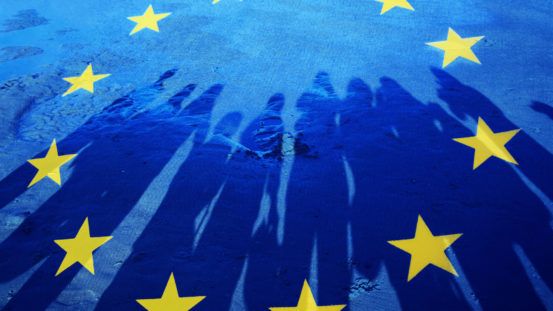In order to meet the target of reducing greenhouse gas emissions by at least 55% by 2030, the European Commission (EC) has this week accepted a host of changes to the EU’s climate plans on energy, land use, transport and tax systems.
Tougher climate laws were rolled out across the EU in April as legislators agreed on the European Climate Law, part of the European Green Deal that was presented by the EC in December 2019. The law comes into force this month, spurring the adoption of the new proposals.
These include:
- an even lower overall emission cap and to phase out free emission allowances for aviation;
- an overall EU target for carbon removals by natural sinks, equivalent to 310 million tons of CO2 emissions by 2030;
- an increased target to produce 40% of the EU’s energy from renewable sources by 2030;
- the renovation of 3% of public sector buildings;
- the average emissions of new cars to come down by 55% from 2030 and 100% from 2035;
- a revision of the Energy Taxation Directive proposes to align the taxation of energy products with EU energy and climate policies;
- a carbon price on imports;
- and a new Social Climate fund providing €72.2bn of funding to member States to help ensure a just transition.
Executive vice-president for the European Green Deal, Frans Timmermans, said: “This is the make-or-break decade in the fight against the climate and biodiversity crises. The European Union has set ambitious targets and today we present how we can meet them.”
Professor Kevin Haines, director of Sustainable Capital, said the announcement was welcome, but governments should be sure to guide investors towards projects that will meet the new principles.
“Governmental action is vital in tackling climate change and this EU climate package is a step in the right direction. We desperately need a strategy and consistency in our approach that can act as a global model for greening the planet,” he said.
“However, in parallel with this supranational action, the private sector has a huge part to play in innovating and kickstarting projects that are environmentally constructive rather than destructive. Governments must therefore ensure that investors are empowered to direct funds towards projects that are in line with just transition principles. Investors are increasingly conscious of what impact their investments are having on the planet and people, but there is not a lot that they can do unless they are assisted to invest in companies that are working to replace carbon producing technologies.”
Joining forces
In order to assist the EC in fulfilling its European Green Deal obligations, the Global Reporting Initiative (GRI) and the European Financial Reporting Advisory Group (EFRAG) have also announced they will be joining forces.
Judy Kuszewski, chair of the GRI’s Global Sustainability Standards Board, said: “The EU and GRI are both committed to standards that are multi-stakeholder inclusive and address the impacts organisations have on the environment, society and the economy, based on international and authoritative instruments. Therefore, we look forward to contributing our knowledge and expertise to EFRAG and engage with the Project Task Force in the co-construction of new EU sustainability standards.”








